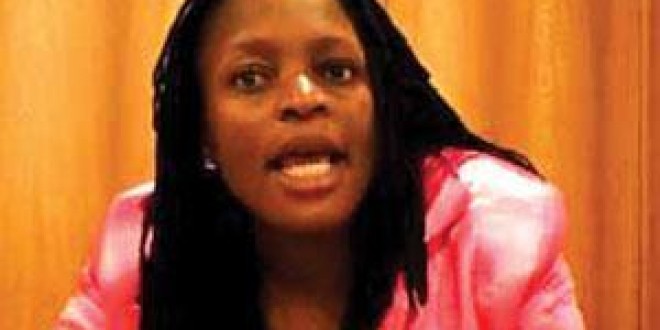
A motion by MDC proportional representation legislator Priscilla Misihairabwi-Mushonga that Matabeleland children are marginalised got support from analysts yesterday who went further to say President Robert Mugabe acknowledged it when stating that Kalangas are uneducated.
By NQOBANI NDLOVU
Misihairabwi-Mushonga said the deployment of many Shona speaking teachers at primary schools in Matabeleland was evidence of marginalisation.
She called for a deliberate recruitment policy at tertiary training institutions to give first preference to people from south-western Zimbabwe to be rained as teachers in the region.
The opposition legislator said schools in Matabeleland were under-equipped, resulting in poor pass rates and learners failing to attain places at tertiary institutions and universities for further studies.
Bulawayo-based analysts yesterday gave thumbs-up to the motion, adding that the marginalisation intensified in the 1980s Gukurahundi genocide when schools were destroyed.
Methuseli Moyo, a Bulawayo-based commentator said deliberate policy by the government to address marginalisation beginning with education was necessary to redress the situation.
“What she said is very true.
- Chamisa under fire over US$120K donation
- Mavhunga puts DeMbare into Chibuku quarterfinals
- Pension funds bet on Cabora Bassa oilfields
- Councils defy govt fire tender directive
Keep Reading
If the government chooses to bury its head in the sand, communities will take matters into their own hands and start resisting deployed Shona teachers.
Colleges must make enrollments based on teaching needs of the country.
If what is needed are Kalanga, Sotho, Tonga, Venda, Xhosa and Ndebele speaking teachers, an enrollment policy at colleges to meet these needs must address that,” Moyo indicated.
Mmeli Dube, the executive director of Bulawayo Agenda, said Mugabe knew the region was marginalised hence his statements that Kalanga were uneducated.
Mugabe courted the ire of Matabeleland recently when he said the Kalanga skipped borders to South Africa and committed petty crime because they were uneducated and could not secure stable jobs.
“There is every truth in the submission that there is marginalisation in Matabeleland.
We are talking of a region where human resources was decimated and people ostracised.
Schools and other facilities were destroyed during Gukurahundi.
The marginalisatiom has been seen through attitudes and practices of public and private institutions,” Dube commented.
“There has not been a deliberate programme to address the issue, but insults from the government.
The few schools in the region are not well resourced and learners can’t make it to universities in their own region, let alone those outside.
If you go to UZ (University of Zimbabwe) and others it is not coincidence that you would find the bulk of students coming from Matabeleland would be enrolled in the humanities and not in the hard sciences because they do not qualify.
Their schools do not have laboratories and facilities for science subjects.”
Dube said there was need to “bring equity by developing those schools and ensuring facilities are made available because you cannot expect to foster patriotism and nationhood when people don’t feel part and parcel of a country”.










